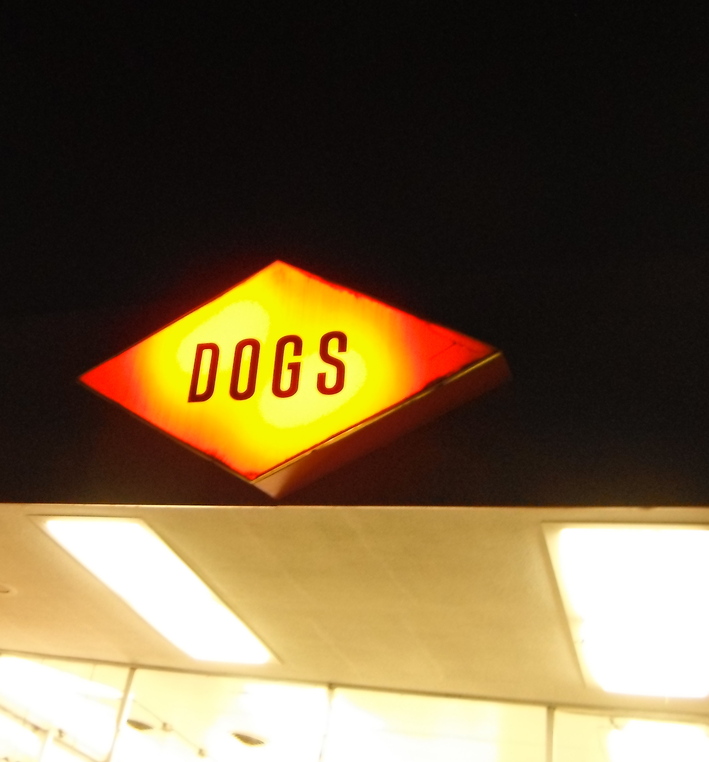 Philip Kobylarz, Eveningtude, Photograph
Philip Kobylarz, Eveningtude, Photograph
Filming the Gods at Ground Level
Ours is a world that celebrates violence,
yet I’ve never seen a movie starring Zeus disguised
to rape Leda in a feathery moment of evil delight,
his beak pulling at a nipple.
I don’t want to see that scene, for the record,
but what we need yet will never ask for
is the birth scene, next day,
grotesque in closeup, of Leda almost split by eggs,
one and two, passing back through the scene of her rape,
the midwives terrified but calming,
dabbing her brow with cool river water,
holding her feet as she pushes, pushes, pushes—
We should be required to see those large white shells
crowning, then glistening through, blunt end first,
caught gently and wrapped in towels,
laid aside,
not beginning to crack until they lie beside each other,
their mother weeping in fatigue, drifting off to sleep,
unknowing that, in the next moment,
she will feel four mouths at her two breasts.
_____________
Theric Jepson
Review by Philip Kirsch
This poem, of course, sent me back to versions of the myth, and “artistic” renderings of the rape in poetry and painting, the attack resulting in the births of two sets of twins. But this poet’s detailing of the “grotesque” aftermath, with its precision and power (“Leda almost split by eggs,” “the midwives terrified,” “she pushes, pushes, pushes –“) gives us exactly “what we need yet will never ask for”: the result of the “feathery moment of evil delight,” the consequences of rape and yes, the burdens of childbirth and of motherhood (“four mouths at her two breasts”) under any circumstances.
I agree with the poet that in “a world that celebrates violence” (just look at so many of the movies and video games we produce), we rarely truly see its victims; this poem supplies a closeup in language that does not let us turn away — very well done!
Review by Jared Pearce
After Yeats I think it’s difficult to consider Leda in a poem. However, I like how Jepson works to view the birth through a cinematic splicing, patching the action, scene, background, and side-characters together. I imagine if we held both this and Yeats’s poems together, we might get a consideration of what it is to write poems in two different centuries.
